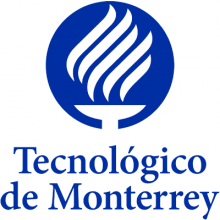About Parthenope University of Naples
Parthenope University of Naples was founded in 1919 as the Royal Naval Institute. The institute was designed to train specialists to improve maritime economy and naval technology. In 1999 the institute gained three new faculties and became Parthenope University of Naples.
The university is divided into five departments, namely economics, engineering, law, science and technology, and sports science. There are various courses available within these departments specialising in specific areas. Students can study at both undergraduate and graduate level.
In 2019, to mark the centenary of its foundation, the university received the prestigious award of the UNESCO Chair. The UNESCO Chair is considered a centre of excellence in the fields of environmental sciences, ecology and nature conservation, and sustainable development. It is also committed to resolving local and global environmental issues. This is achieved by working with over 20 international institutions to collaborate on scientific research and teaching.
The university is located in Naples, a city in southern Italy. With two royal palaces, three castles and ancient ruins that preserve its rich history, Naples has a wealth of culture. It is one of the oldest continuously inhabited urban areas in the world, having been first settled in by the Greeks in the first millennium BC. Naples is situated near the active volcano Mount Vesuvius that destroyed the Roman town of Pompeii. Above all, Naples is known for its culinary excellence and is home to Italy’s best pizza, pasta and coffee.
Explore these featured universities
Explore rankings data for Parthenope University of Naples
Compare universities on their key stats
Key statistics
- 33.1No. of students per staff(1)
- 2%Percentage of International Students(1)
- 42 : 58Student Ratio of Females to Males(1)
- 26%Proportion of ISR Publications(1)
- 12,563Number of FTE Students(1)
Subjects taught at Parthenope University of Naples
Business & economics
- Business & Management
- Accounting & Finance
- Economics & Econometrics
Life sciences
- Biological Sciences
- Sport Science
Physical sciences
- Mathematics & Statistics
- Geology, Environmental, Earth & Marine Sciences
Computer science
- Computer Science
Engineering & technology
- Civil Engineering
Law
- Law










